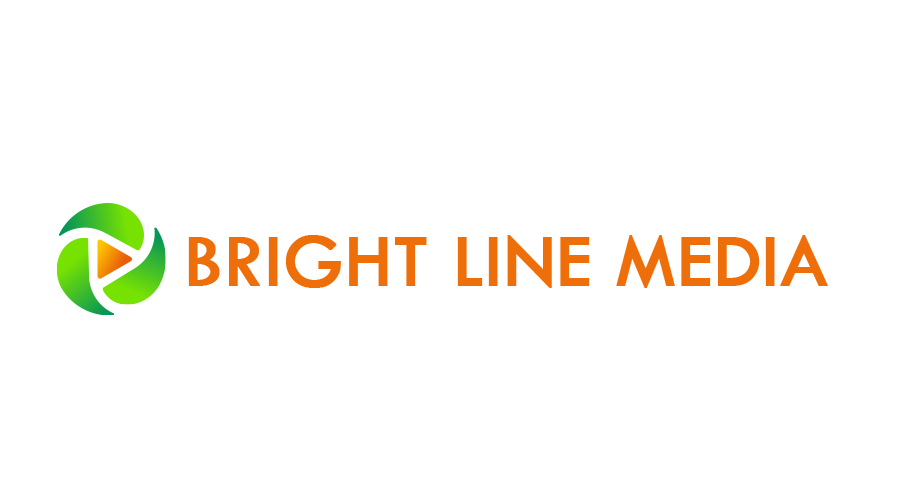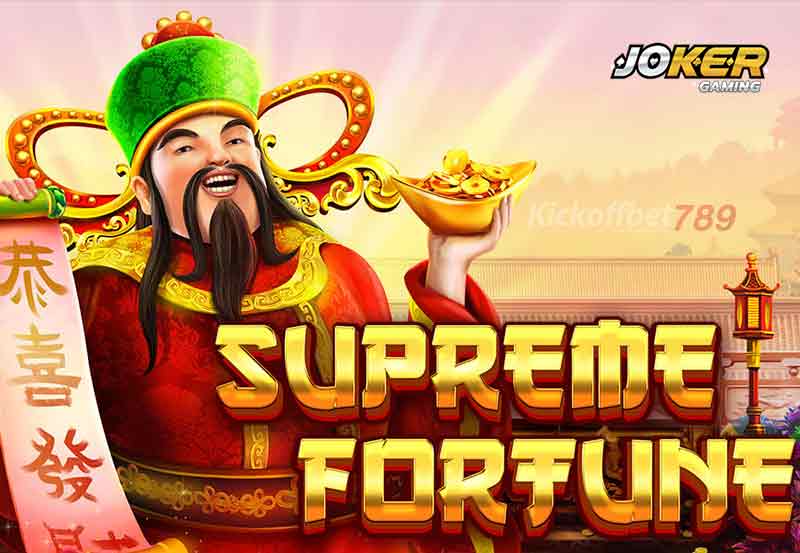Rocket League is a high-octane vehicular soccer video game that combines the thrill of sports with the excitement of rocket-powered cars. Released in 2015 by Psyonix, Rocket League quickly became a global sensation, captivating players with its unique concept, addictive gameplay, and competitive nature. In this article, we will delve into the world of Rocket League, exploring its gameplay mechanics, competitive scene, community engagement, cross-platform play, updates, and its impact on gaming culture.
Gameplay and Mechanics
Rocket League revolves around the simple yet exhilarating concept of playing soccer with rocket-powered vehicles. The objective is to outscore the opposing team by launching a large ball into the opponent’s goal using your car’s boost-powered abilities. The game offers various game modes, including casual matches, competitive ranked play, and exciting extras such as Hoops (basketball), Snow Day (hockey), and Dropshot (volleyball-inspired).
Controlling your rocket-powered car is intuitive, allowing players to perform impressive aerial maneuvers, boost-dodges, and epic saves. The game’s mechanics strike a perfect balance between accessibility and skill, making it easy for beginners to pick up and play while providing a high skill ceiling for experienced players. Furthermore, Rocket League offers an extensive range of customization options, allowing players to personalize their cars with unique designs, decals, and accessories.
Competitive Scene and Esports
Rocket League has emerged as a prominent joker gaming esports title, attracting a dedicated competitive community and hosting exciting tournaments and leagues. The game’s fast-paced and strategic gameplay translates remarkably well to the competitive scene. Major events like the Rocket League Championship Series (RLCS) showcase the skill and teamwork of professional players, captivating viewers with intense matches and incredible goals.
Professional Rocket League teams have risen to prominence, with players competing for substantial prize pools and representing organizations from around the world. The likes of NRG Esports, Team Vitality, and Spacestation Gaming have become household names within the Rocket League esports realm. Spectator engagement is a key aspect of Rocket League esports, with exciting broadcasts, replays, and commentary adding to the overall viewing experience.
Community and Player Engagement
Rocket League fosters a vibrant community, where players can connect, share strategies, and participate in discussions through online forums and social media groups. The game also features a trading system that allows players to exchange items and crates, creating a bustling marketplace within the community. Furthermore, Rocket League supports modding and workshop support, enabling players to create custom maps, game modes, and even entirely new experiences.
The developers at Psyonix maintain a strong relationship with the Rocket League community, actively seeking feedback and implementing updates and improvements based on player suggestions. Regular content updates, including new arenas, game modes, and cosmetic items, keep the game fresh and exciting. The community’s passion and involvement are integral to shaping the future of Rocket League.
Cross-Platform Play and Accessibility
Rocket League is available on multiple platforms, including PC, PlayStation, Xbox, and Nintendo Switch, with cross-platform functionality allowing players to compete and team up across different systems. This feature enhances the game’s accessibility, fostering a larger player base and shorter matchmaking times. Additionally, Rocket League offers various accessibility features, such as customizable controls, colorblind options, and text-to-speech support, ensuring that players of all abilities can enjoy the game.
Updates and Expansion
Psyonix maintains a robust update cycle for Rocket League, with regular seasonal updates introducing new content, balance changes, and quality-of-life improvements. These updates often include limited-time events, themed items, and collaborative content with other popular franchises. Additionally, expansion packs and DLCs offer new cars, arenas, and customization options, further expanding the game’s offerings.
In September 2020, Rocket League made the transition to free-to-play, removing the initial cost of the game and adopting a monetization model centered around cosmetic items and the Rocket Pass. This transition opened the doors to a wider audience, resulting in an influx of new players and further bolstering the game’s already large community.
Impact and Cultural Phenomenon
Rocket League has made a significant impact on the gaming landscape, becoming a cultural phenomenon in its own right. With over 75 million players worldwide, the game has captured the attention of gamers from diverse backgrounds. Its unique blend of sports and vehicular action, combined with its easy-to-learn, difficult-to-master gameplay, has attracted a massive following.
Rocket League’s influence extends beyond the gaming sphere, with collaborations and crossovers with popular franchises such as Fast & Furious, Batman, and NASCAR. The game’s presence in mainstream media, including televised events, showcases its rise to prominence and solidifies its status as a cultural icon within the gaming community.
Conclusion
Rocket League has successfully captured the hearts of gamers worldwide with its thrilling blend of cars and soccer. From its addictive gameplay and competitive scene to its vibrant community and cross-platform play, the game continues to evolve and engage players on various levels. Rocket League’s impact on gaming culture and its continuous updates and expansions ensure that its rocket-powered legacy will continue to soar.
FAQs
- Can I play Rocket League offline?
- Yes, Rocket League offers offline gameplay options, allowing you to practice against AI bots or play local multiplayer with friends.
- Is Rocket League free to play?
- Yes, Rocket League transitioned to a free-to-play model in September 2020, making the game accessible to a wider audience without any upfront cost.
- How can I improve my skills in Rocket League?
- Improving your skills in Rocket League requires practice, patience, and a focus on key aspects like ball control, positioning, and aerial maneuvers. You can also watch tutorials, analyze professional gameplay, and join communities to learn from experienced players.
- Are there any age restrictions to play Rocket League?
- Rocket League is rated “E for Everyone” by the Entertainment Software Rating Board (ESRB), indicating that it is suitable for players of all ages.
- Can I trade items with other players in Rocket League?
- Yes, Rocket League features a robust trading system that allows players to exchange items with each other. You can trade items with friends or use the in-game marketplace to connect with other players and complete trades.



